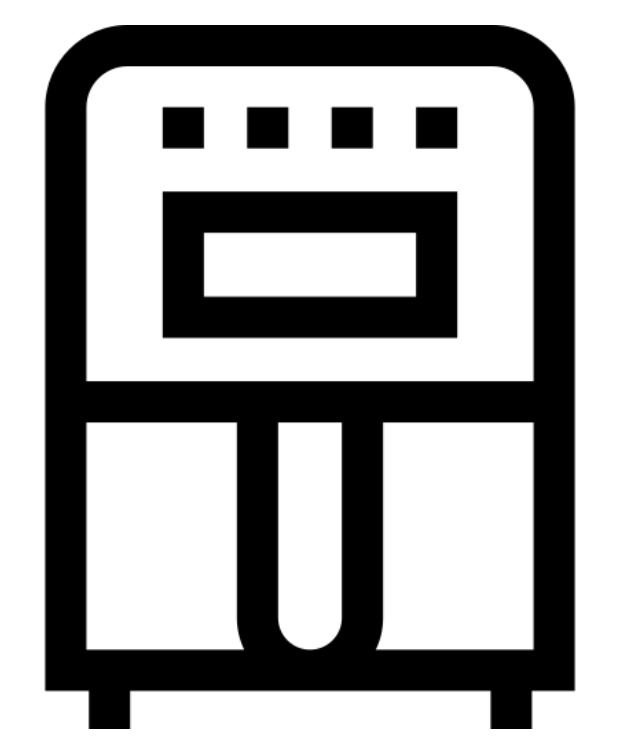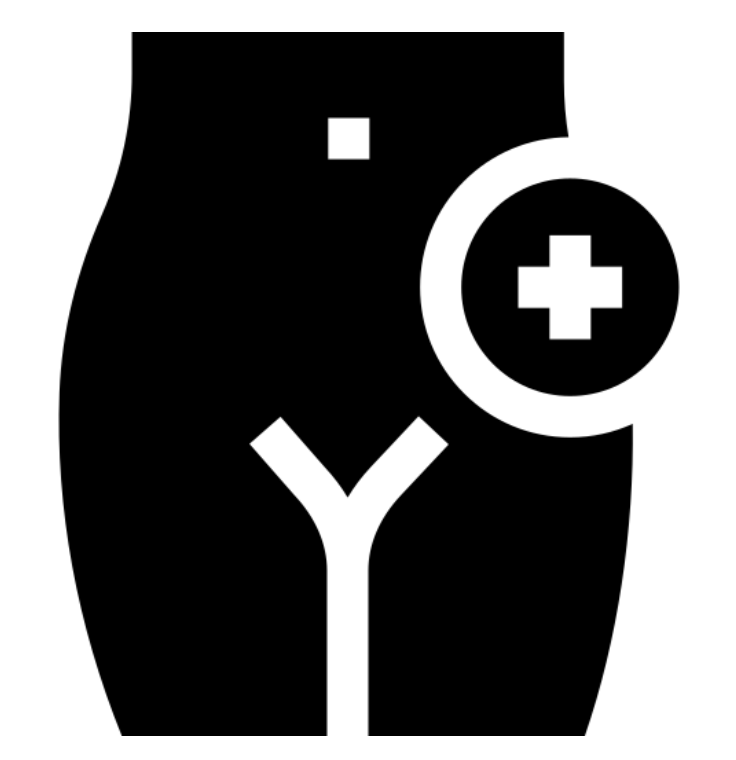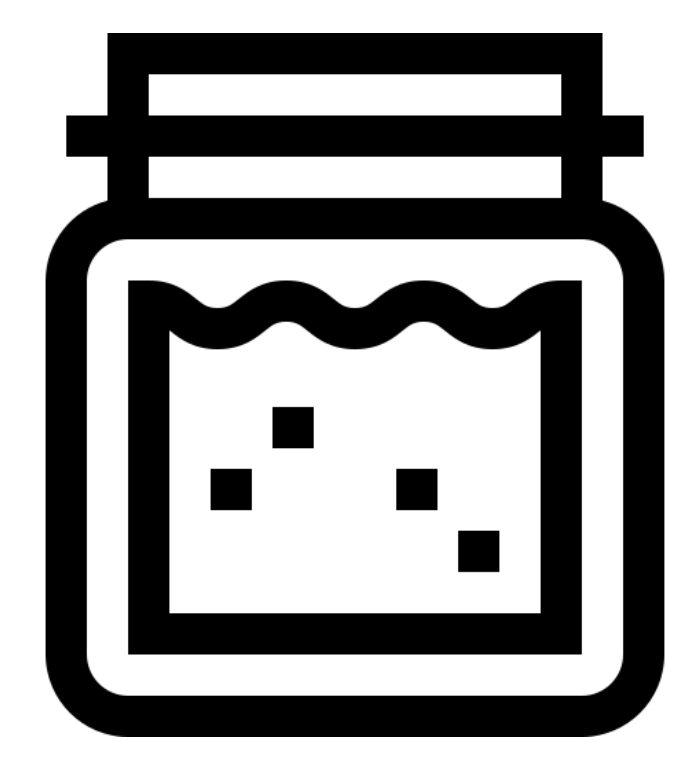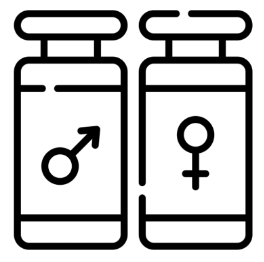
What are Emulsifiers?
The word emulsifier might sound like pure chemistry, but if you’ve ever whisked up a salad dressing or made mayonnaise at home, you’ve used one without even realising it. Emulsifiers help blend and stabilise ingredients that naturally resist mixing—like oil and water.
In the food industry, emulsifiers are added to countless products: salad dressings, peanut butter, ice cream, baked goods. They improve texture, extend shelf life, and make foods appear smoother. But while they’re effective in food manufacturing, their impact on gut health has raised questions in recent years.
That’s one of the reasons Flush GBI is proudly formulated without emulsifiers—keeping your system free from these additives while actively flushing out built-up toxins that processed foods often leave behind.
Types of Emulsifiers
Manufacturers must list emulsifiers on packaging, usually with their “E numbers.” Some of the most common include:
-
Lecithin (E322): Found naturally in eggs and vegetable oils, often sourced from soy or sunflower.
-
Carrageenan (E407): Extracted from seaweed and widely used in dairy alternatives.
-
Mono- and diglycerides of fatty acids (E471): Derived from glycerol and natural fats.
-
Carboxymethylcellulose (E466): Enhances baked goods’ texture and acts as a stabiliser.
-
Xanthan gum (E415): Created by fermenting sugar with bacteria, used as a thickener.
The Concerns Around Emulsifiers
Research on emulsifiers has sparked debate. A 2015 study on mice suggested that some emulsifiers—like carboxymethylcellulose (E466) and polysorbate-80 (E433)—might alter gut microbiota and trigger inflammation. Carrageenan has also been scrutinised, with animal studies hinting at possible disruption to the gut lining.
However, most of these studies were conducted on rodents and used doses far higher than humans typically consume. Regulatory bodies like the European Food Safety Authority and the FDA currently deem emulsifiers safe at normal dietary levels.
Still, the bigger picture is worth noting: emulsifiers often appear in processed foods that already come loaded with sugars, preservatives, and low-nutrient fillers. This makes it tricky to pin health effects solely on emulsifiers—but it does reinforce why a clean diet is so powerful.
Emulsifiers & Gut Health
Your gut microbiome thrives on fibre, whole foods, and balance. Highly processed foods containing emulsifiers may tip the scales, feeding inflammation or digestive discomfort in some individuals. That’s why many people choose to support their gut with a reset like Flush GBI.
Unlike processed products, Flush GBI contains no emulsifiers at all—and instead helps sweep out waste and toxins that can build up from years of consuming additive-heavy foods.
Final Word
For most people, emulsifiers in food are considered safe within regulatory limits. But safe doesn’t always mean optimal—especially if your diet leans heavily on processed products. Supporting your gut health with clean, whole foods and periodic detoxification gives your body the best chance to thrive.
Flush GBI offers a clear alternative: a simple, natural way to reset your digestive system and reduce the toxic burden left behind by modern diets.


























